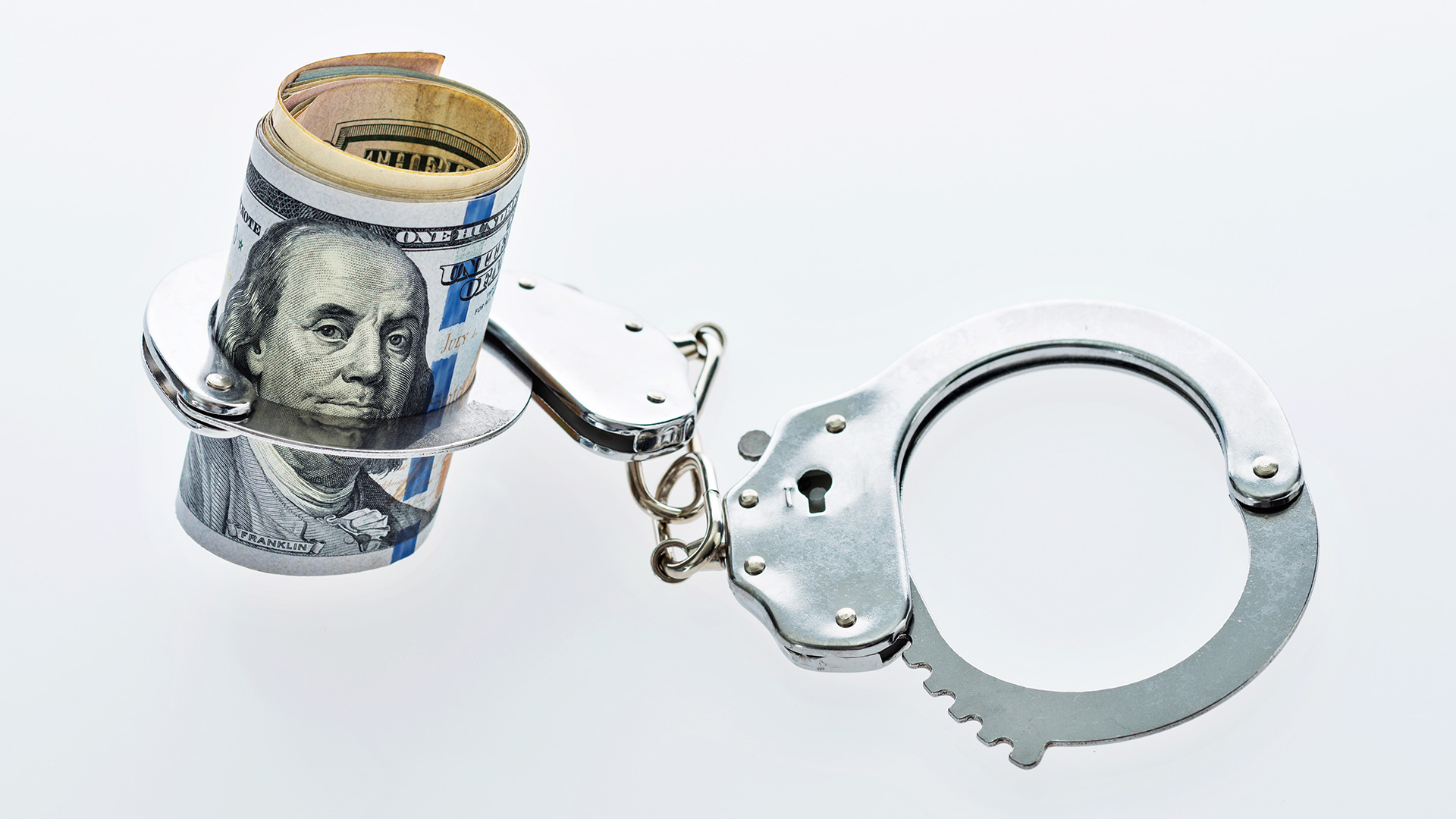
A Southern Illinois mayor is striking out against a new criminal justice law, which he calls “the most dangerous he’s ever seen,” and warns that crime could “spiral out of control.”
Orland Park Mayor Keith Pekau, who is running for a position in the House, referred to the passing of the Illinois Safety, Accountability, Fairness and Equity-Today (SAFE-T) Act, a new measure that goes into effect next year.
The controversial law overhauls the state’s criminal justice system by eliminating cash bail, downgrading the severity of numerous crimes and softening treatment toward violent suspects under house arrest.
“When I said that this is the most dangerous law I’ve ever seen, I believe that,” the mayor and House candidate told Fox News.
The law was criticized for being passed without any formal hearings or debates last winter. It goes into effect on January 1.
Under the law, judges must determine if suspects are a flight risk or a threat to public safety according to a set of standards.
If not, suspects are released to await trial without having to post bail. The law also allows suspects to leave their houses for up to 48 hours without being charged with escape.
The SAFE-T Act also includes a laundry list of police reform regulations focused on expanding police training, limiting the use of force and establishing officer misconduct guidelines.
The law further prohibits police from using military-grade equipment, imposes federal reporting requirements on agencies, allows for the investigation of anonymous complaints against police officers and requires officers to issue citations rather than arrest individuals for low-level, non-violent offenses.
Pekau added that the measure, which downgrades trespassing from a Class A to a Class B misdemeanor, prohibits officers from removing trespassers from homes and businesses.
“Well, now they can’t arrest, they can only write a ticket,” he said. “So, they get to stay in that business, on your property, at your house, etc.”
In response to arguments that the bill will combat institutional racism, Pekau responded that it would just increase crime, fear and vigilantism as it handicaps law enforcement.
“I think we can project that if criminals are allowed to run free, and police officers can’t protect citizens, citizens are going to start protecting themselves and take the law into their own hands,” the mayor said.
Pekau fears the law could contribute to a state of anarchy.
“We create potential anarchy because law enforcement can’t do their job, and then people feel that they have to do that job,” he said. “People aren’t trained in the use of force. They’re not trained to de-escalate situations.”
“Lots of bad things can happen out of this, and it could potentially spiral out of control relatively quickly.”
Despite the conservative backlash surrounding the law, supporters argue it will end wealth-based jailing by removing cash bail while also restoring the presumption of innocence in courtrooms.
“It’s really important to make sure that we are using detention in the most limited and targeted way,” said Stephanie Kollmann, policy director of the Children Family Justice Center at Northwestern’s Pritzker School of Law. “Looking at how much money you have is a really bad measure of that.”
“This act is a huge step forward in reducing incarceration that specifically targets people of color and poor people,” Kareem Butler, a pretrial justice fellow, added.
Butler admitted that the act significantly changes the state’s criminal justice system.
Governor J.B. Pritzker, who signed the bill in early 2021, is currently embroiled in a tight election race against Republican candidate Darren Bailey, whose platform is focused on improving public safety.





